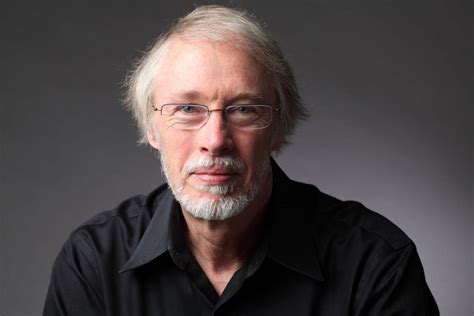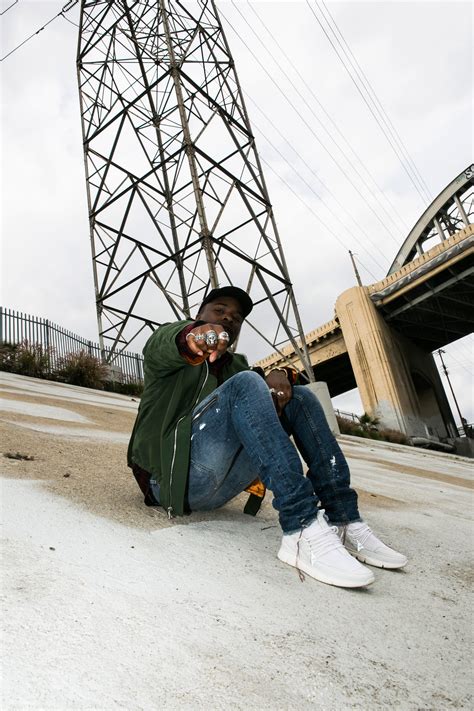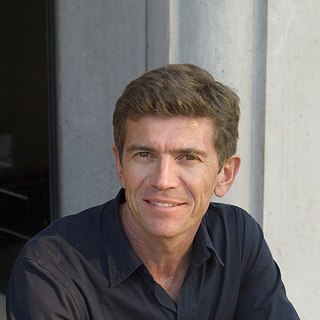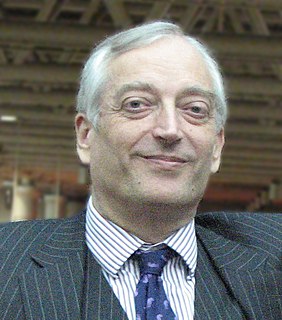A Quote by Charles Baxter
A novel is not a summary of its plot but a collection of instances, of luminous specific details that take us in the direction of the unsaid and unseen.
Related Quotes
I have begun drafting a memorandum for the prosecuting authorities, together with all evidence necessary to establish not only the existence of numerous specific instances of scientific or economic fraud in relation to the official "global warming" storyline but also the connections between these instances, and the overall scheme of deception that the individual artifices appear calculated to reinforce.
I don't revise a lot when writing short stories. As far as the novel, I definitely thought more about plot. Honestly, I'm still pretty confused about what "plot" means. I've been reading some of my Goodreads reviews and one reader noted that the The Last Days of California "reads like a short story stretched to the breaking point, padded and brought into novel range..." I don't know what people want, really.
In Jones's experience, the decision to turn one's life around in a different direction rarely arrived with fireworks and marching bands. Often, the decision came with tears and regret. Then, almost impossibly, the power of forgiveness would fill an unseen void, allowing a new day's optimism and sense of purpose to take hold and point that life in a new direction.







































